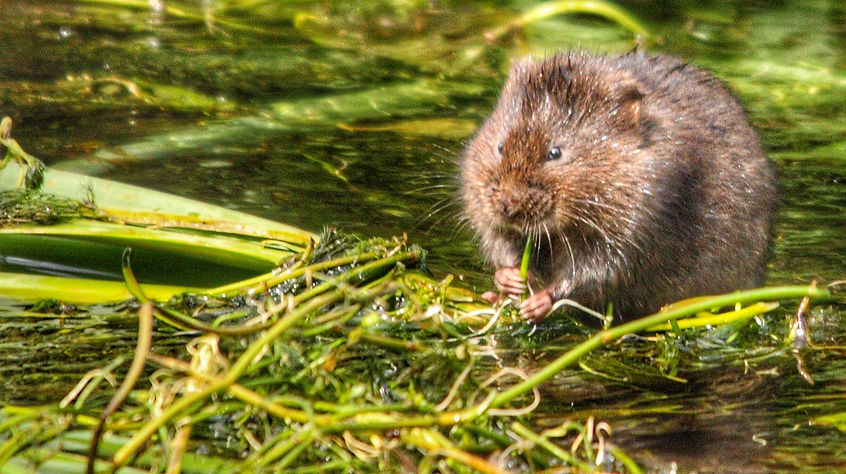
Water Vole Surveys
Water vole surveys are an essential part of building development projects that involve waterways. These surveys help to identify the presence of water voles and their habitats, which are protected by law. By conducting these surveys, developers can ensure that their projects comply with environmental regulations and avoid any negative impact on the local ecosystem.

1
Why are water voles surveyed?
Water voles are protected under the Wildlife and Countryside Act 1981 and are listed as rare and most threatened species under Section 41 of the Natural Environment and Rural Communities Act 2006.
Therefore, it’s imperative that surveys are carried out to monitor their populations and ensure their continued protection.
2
When do I need to have a water vole survey?
If a site provides suitable habitat or evidence of water voles, which may be impacted by a proposal, presence or likely absence of this species must be established.
A water vole survey involves searching a watercourse or waterbody, banks and surrounding vegetation for signs or individuals of the species. This survey can be undertaken at any time of year, although less suitable times (during winter and when vegetation is highest) should be avoided wherever possible.


3
What does Abrehart Ecology offer?
At Abrehart Ecology we offer professional, skilled, and efficient water vole survey work. We undertake in-house fieldwork and expert report writing, with our employees.
Evidence we search for includes tracks, droppings, feeding areas, and burrows.
